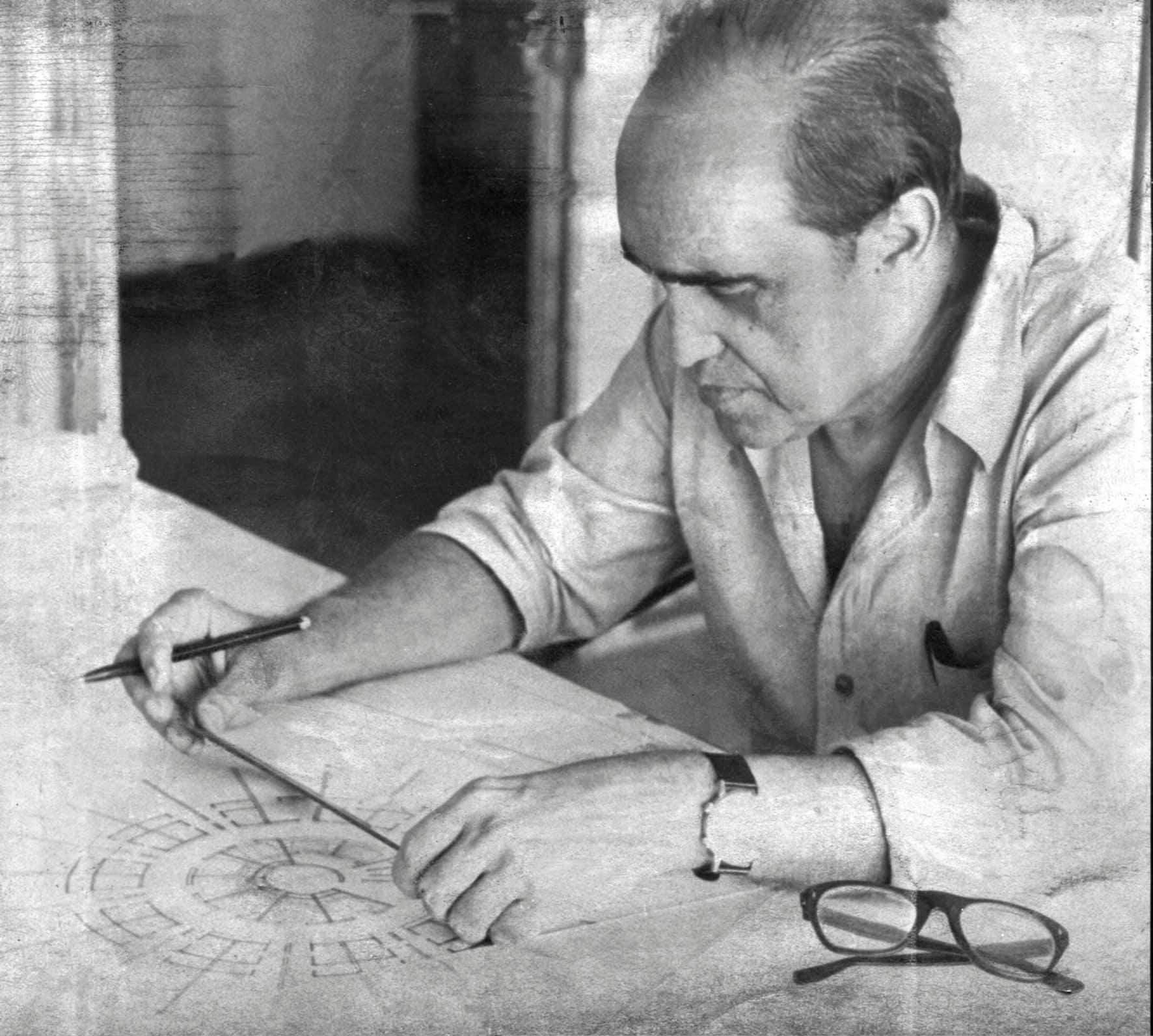Oscar Niemeyer, the Brazilian architect who is considered by many to be the father of modern architecture, died today. After 76 years of continuous work, Niemeyer died at the age of 104.
Niemeyer was a prolific and innovative architect and designer. He designed hundreds of buildings, including the Cathedral of Brasília, the Niteroi Contemporary Art Museum in Rio, and contributions to the United Nations Building in New York.
He is best known for his works in Brasilia, the capital of Brazil, which are defined by their curves and abstract forms. His buildings in Brasilia were controversial when they were unveiled in the early 1960s, but Niemeyer proudly stood by them.
“When someone goes to Brasilia, I warn them: ‘You may like it or you may not, but you’ll not be able to say you’ve ever seen something like it before,’ ” he said.
Niemeyer, who was born in 1907 to a middle-class family in Rio de Janeiro, was a communist and served as the president of the Brazilian Communist Party from 1992 to 1996. After a coup in 1964, his political beliefs sent him into exile, but he continued to work until the very end.
Niemeyer collaborated with Le Corbusier and others to design the United Nations in New York City. Construction began in 1947, but was completed in 1952. This was one of his earlier works, but still stands as a symbol of modern architecture.
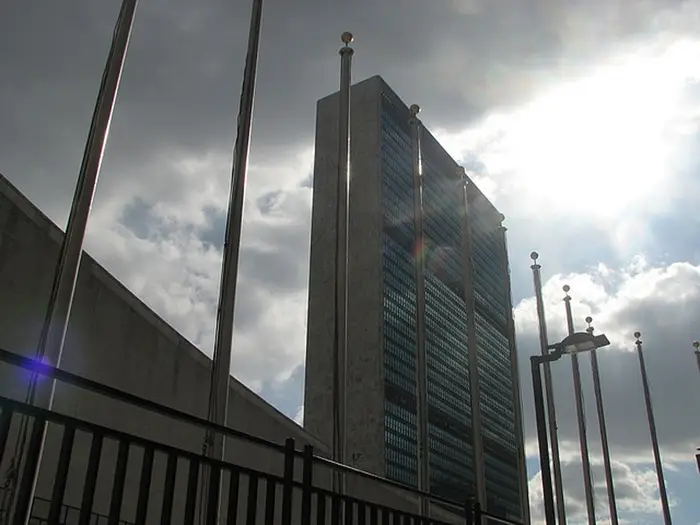
Niemeyer built his own modern home in Canoas, Rio de Janeiro, in 1952. It’s called the Casa das Canoas.
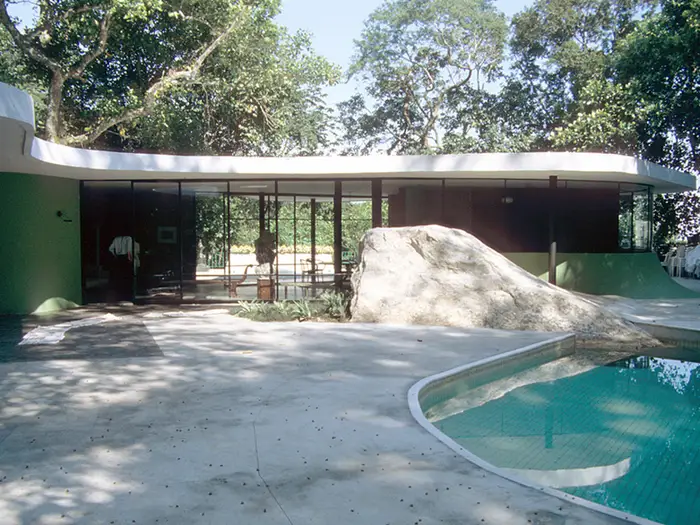
Niemeyer is most famous for his works in Brasilia, the capital of Brazil. Throughout the late 1950s into the early 1960s, he designed and constructed the National Congress of Brazil, the Palácio da Alvorada (the president’s home), the Cathedral of Brasilia, and more. He worked with his friend, Lúcio Costa, to plan and design the entire city.
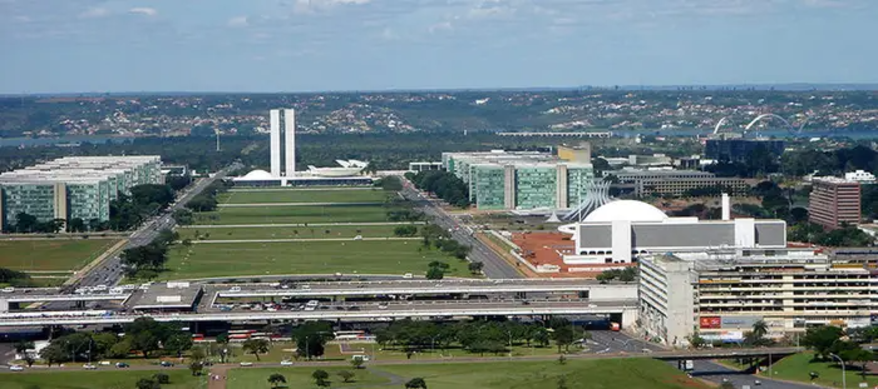
The National Congress of Brazil is the seat of Brazil’s government and is arguably Niemeyer’s most famous construction. It was completed in 1958. The building is defined by clean lines and curved structures; it has two semi-spheres which are divided by two vertical towers.
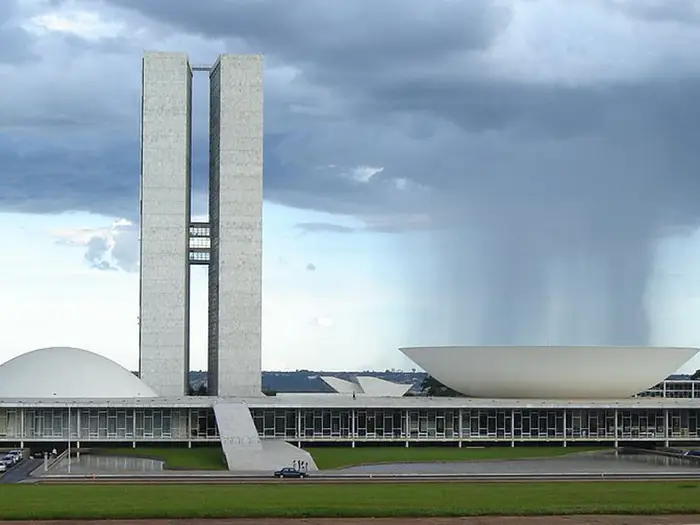
Located in Brasilia, the Palácio da Alvorada is the official residence of the president of Brazil. The modernist building was built between 1957 and 1958 and is listed as a National Historic Heritage Site. The building is supported by thin arched columns so that it seems to float.
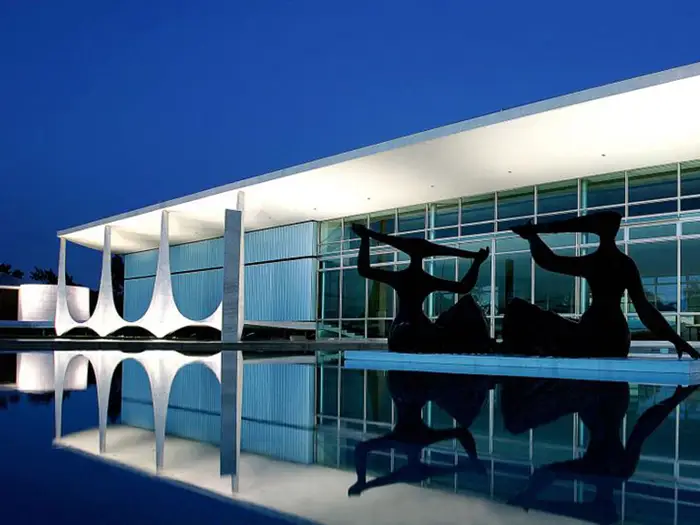
Completed in 1970, the Cathedral of Brasilia is a curved building that’s supported by 16 concrete columns that look like ribs. It’s surrounded by four bronze sculptures representing the evangelists.
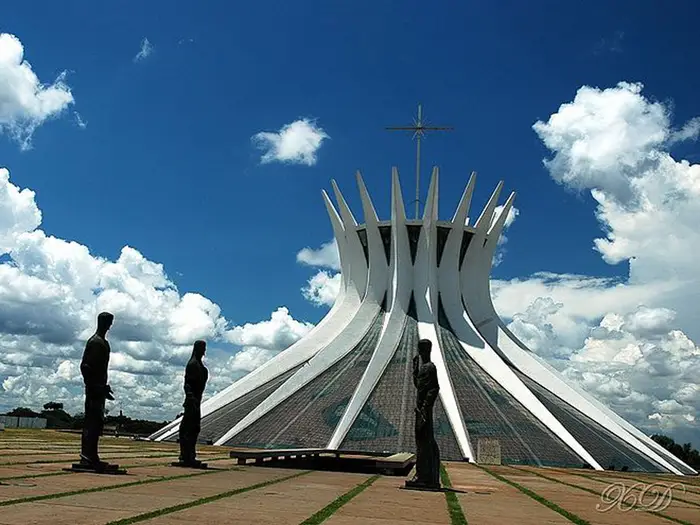
Niemeyer completed the Ministério da Justiça or “Palácio da Justiça” (Ministry of Justice) in 1962—another contribution to the city of Brasilia.
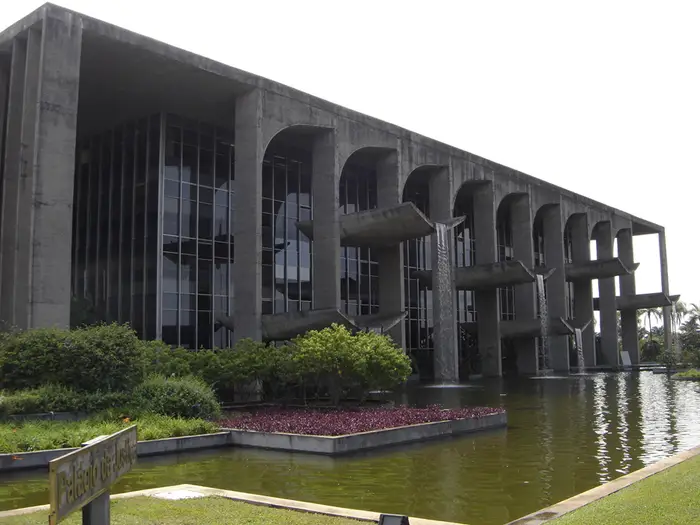
Located in Sao Paolo, the Edifício Copan is a giant 140-meter (460-ft.), 38-story apartment building that was completed in 1966.
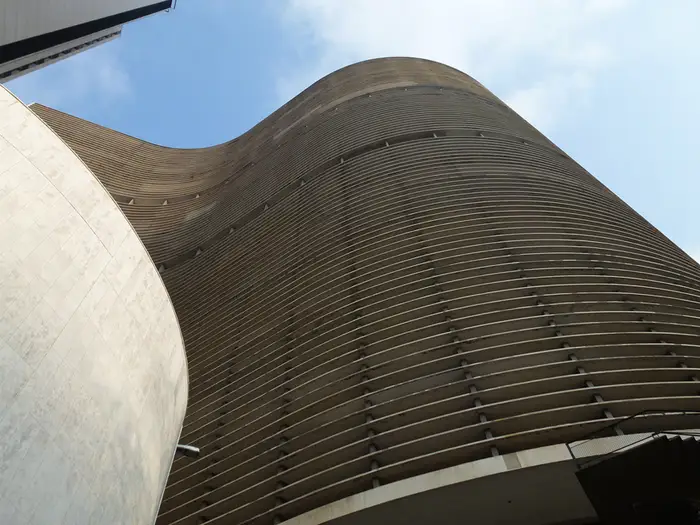
A devout lifelong communist himself, Niemeyer designed the French Communist Party building in Paris in the late 1960s, after he had been exiled from Brazil for his political beliefs.
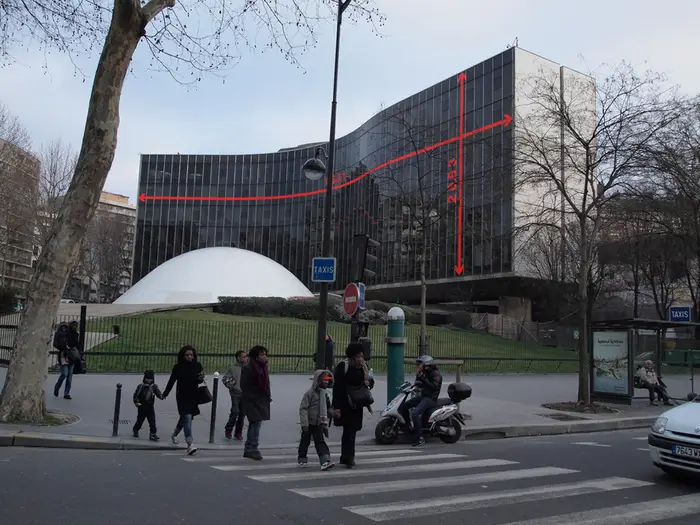
Located in Rio de Janeiro, the Niterói Contemporary Art Museum was completed in 1996. (Niemeyer returned to Brazil in the mid-1980s after a government change.)
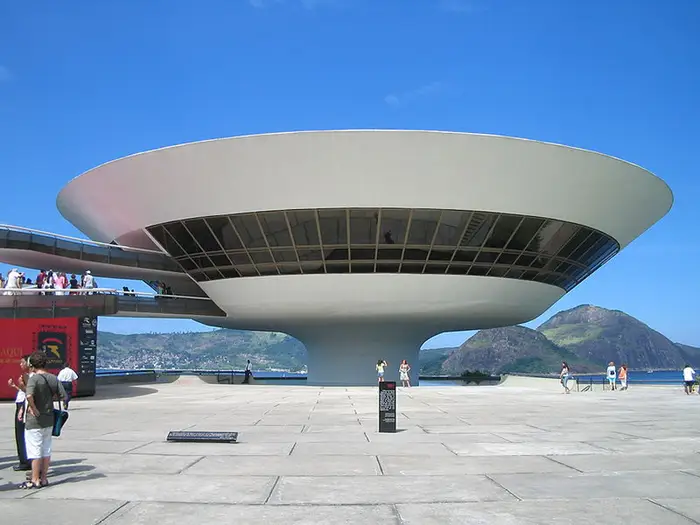
Niemeyer continued to work up until the end. His most recent work, the Oscar Niemeyer International Cultural Centre in Avilés, Spain, was completed in 2011—when Niemeyer was over 100 years old.
Information taken from: https://www.eleconomista.es/amp/4453500/The-Incredible-Modernist-Architecture-Of-Oscar-Niemeyer

